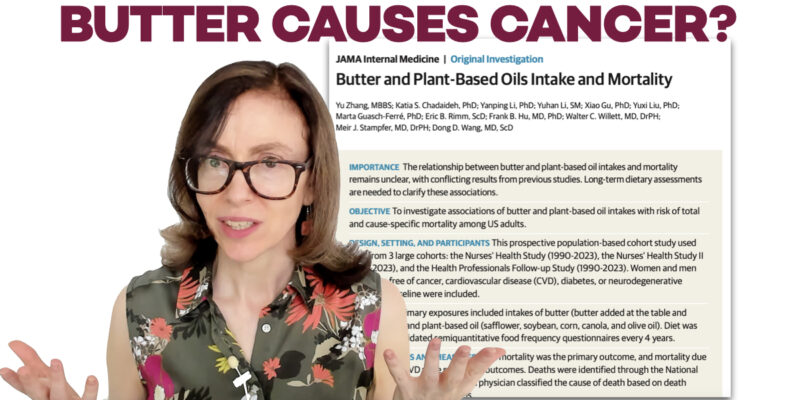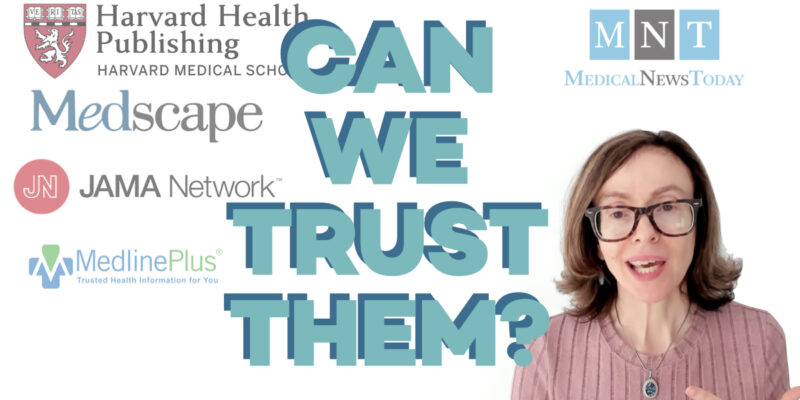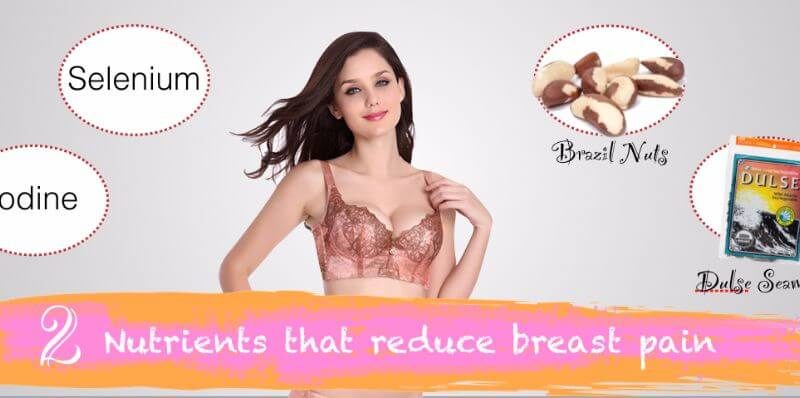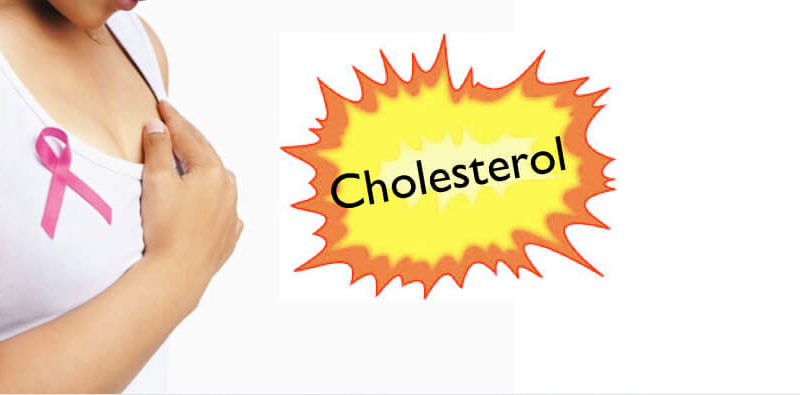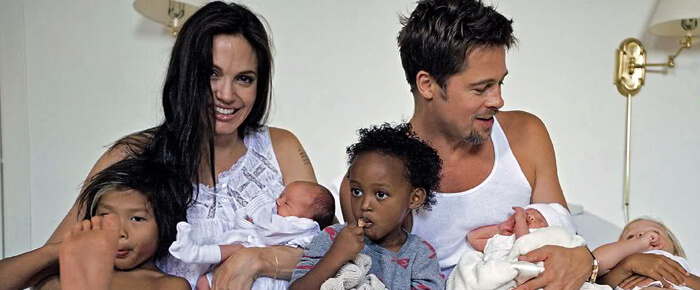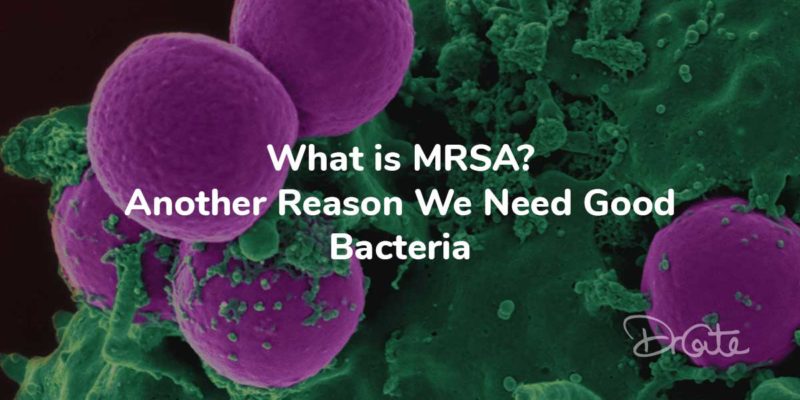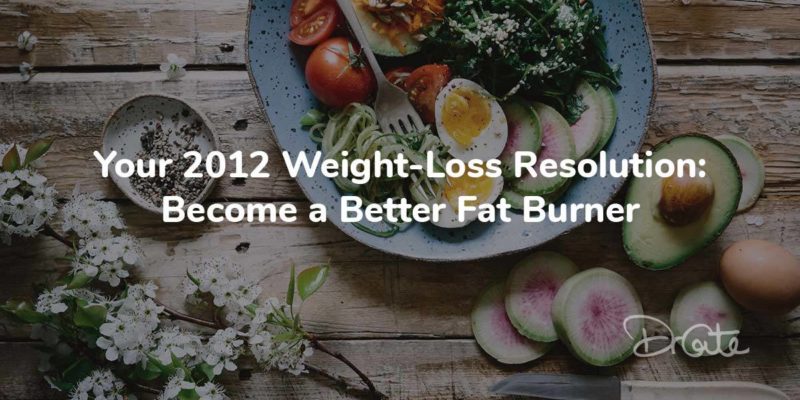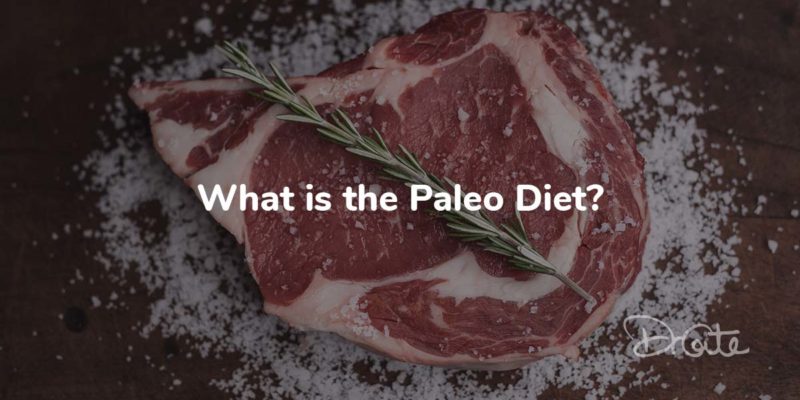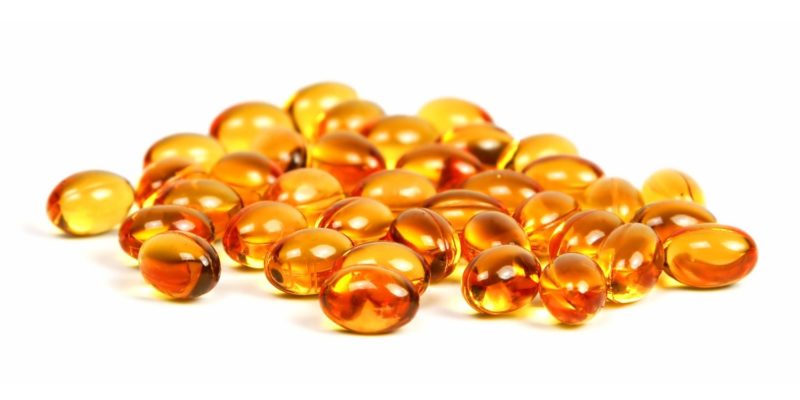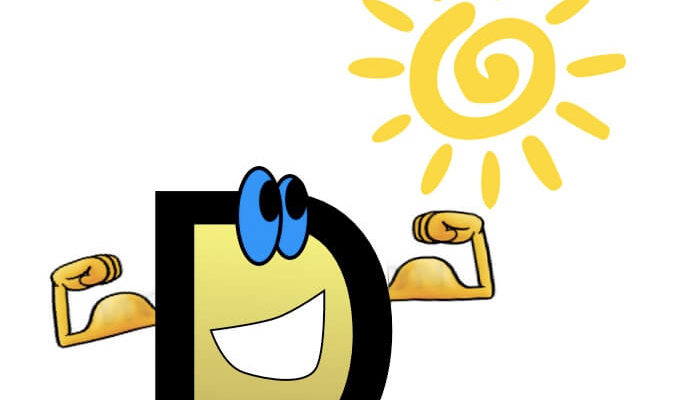Leading Nutrition Experts May Have Falsified Consumption Data In Widely Cited Seed Oil Study
JAMA Internal Medicine published the first-ever study comparing butter to seed oils. But did they fake their data? Time and again, I’ve seen supposedly peer-reviewed studies making claims in the abstract and conclusion that their data tables do not support. Especially seed oil studies. This latest journal is one of the worst examples I’ve come across. I’m going to break it down in this article. This paper is especially important. It’s the first, to my knowledge, to compare seed oils head to head with butter. More than 70 years have passed since health authorities started recommending we swap out butter…
